
 Associate Editor Jared Paben has worked for Resource Recycling since December 2014. Most of his earlier career was spent as a reporter for the daily newspaper in Bellingham, Wash., but he also has experience working for the Oregon volunteerism commission and for Oregon nonprofits serving low-income populations. He can be contacted at [email protected].
Associate Editor Jared Paben has worked for Resource Recycling since December 2014. Most of his earlier career was spent as a reporter for the daily newspaper in Bellingham, Wash., but he also has experience working for the Oregon volunteerism commission and for Oregon nonprofits serving low-income populations. He can be contacted at [email protected].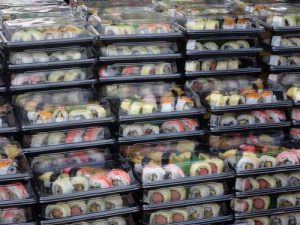 In Europe, thermoform packaging is using more and more RPET content, but impediments remain to efficient recycling of the thermoforms themselves. A workshop recently discussed the issues.
In Europe, thermoform packaging is using more and more RPET content, but impediments remain to efficient recycling of the thermoforms themselves. A workshop recently discussed the issues.
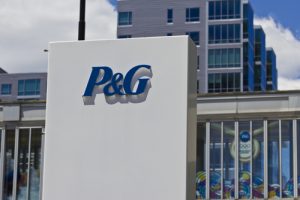 Global consumer goods company Procter & Gamble used 34,400 metric tons of post-consumer plastic during the 2016-17 fiscal year, bringing it nearly one-third of the way to its 2020 goal.
Global consumer goods company Procter & Gamble used 34,400 metric tons of post-consumer plastic during the 2016-17 fiscal year, bringing it nearly one-third of the way to its 2020 goal.
 Lower prices for recovered polyethylene films have helped drive higher profits for composite lumber product manufacturer Trex.
Lower prices for recovered polyethylene films have helped drive higher profits for composite lumber product manufacturer Trex.
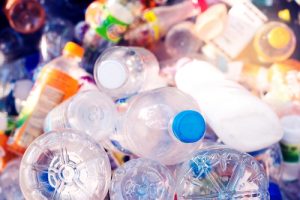 For years, a European Union panel has given its thumbs up to using recycling processes to generate food-contact recycled plastics, but those opinions aren’t official government “approvals.” Some groups say the lack of official authorization from the European Commission has lead to damaging uncertainty for the industry.
For years, a European Union panel has given its thumbs up to using recycling processes to generate food-contact recycled plastics, but those opinions aren’t official government “approvals.” Some groups say the lack of official authorization from the European Commission has lead to damaging uncertainty for the industry.
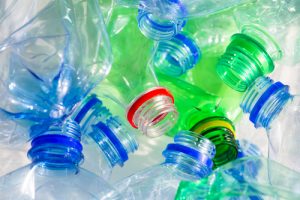 PET depolymerization company Loop Industries has agreed to purchase a 150,000-square-foot site for its first manufacturing facility.
PET depolymerization company Loop Industries has agreed to purchase a 150,000-square-foot site for its first manufacturing facility.
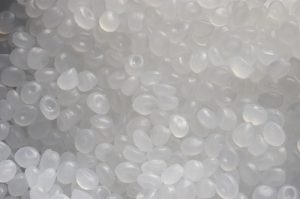 M&G, one of the world’s largest producers of virgin PET for packaging, has shut down production plants. Market repercussions from the move could mean higher prices for recycled material.
M&G, one of the world’s largest producers of virgin PET for packaging, has shut down production plants. Market repercussions from the move could mean higher prices for recycled material.
 A survey of plastics converters in Europe shows many of them have trouble obtaining enough acceptable-quality recycled plastic feedstock.
A survey of plastics converters in Europe shows many of them have trouble obtaining enough acceptable-quality recycled plastic feedstock.
 P&G, Coca-Cola and a handful of other major companies have committed to using products containing post-consumer resin in a range of storage and shipping applications, as part of a new program from the Association of Plastic Recyclers.
P&G, Coca-Cola and a handful of other major companies have committed to using products containing post-consumer resin in a range of storage and shipping applications, as part of a new program from the Association of Plastic Recyclers.
